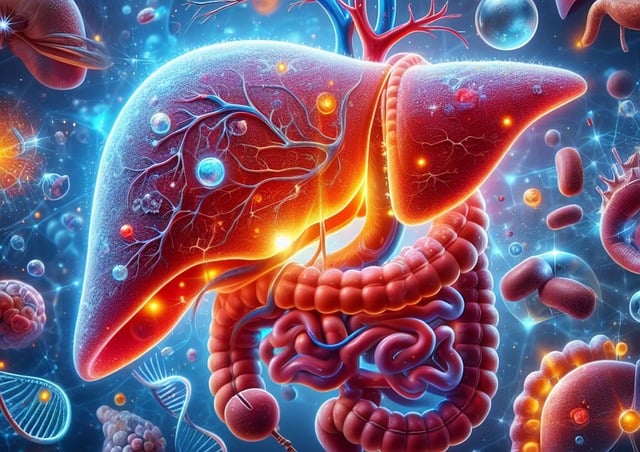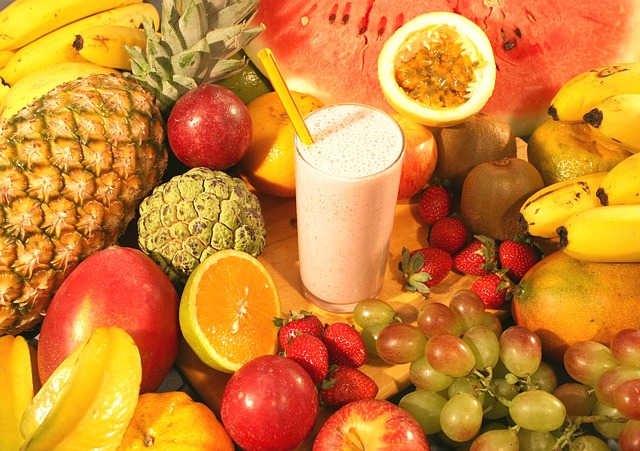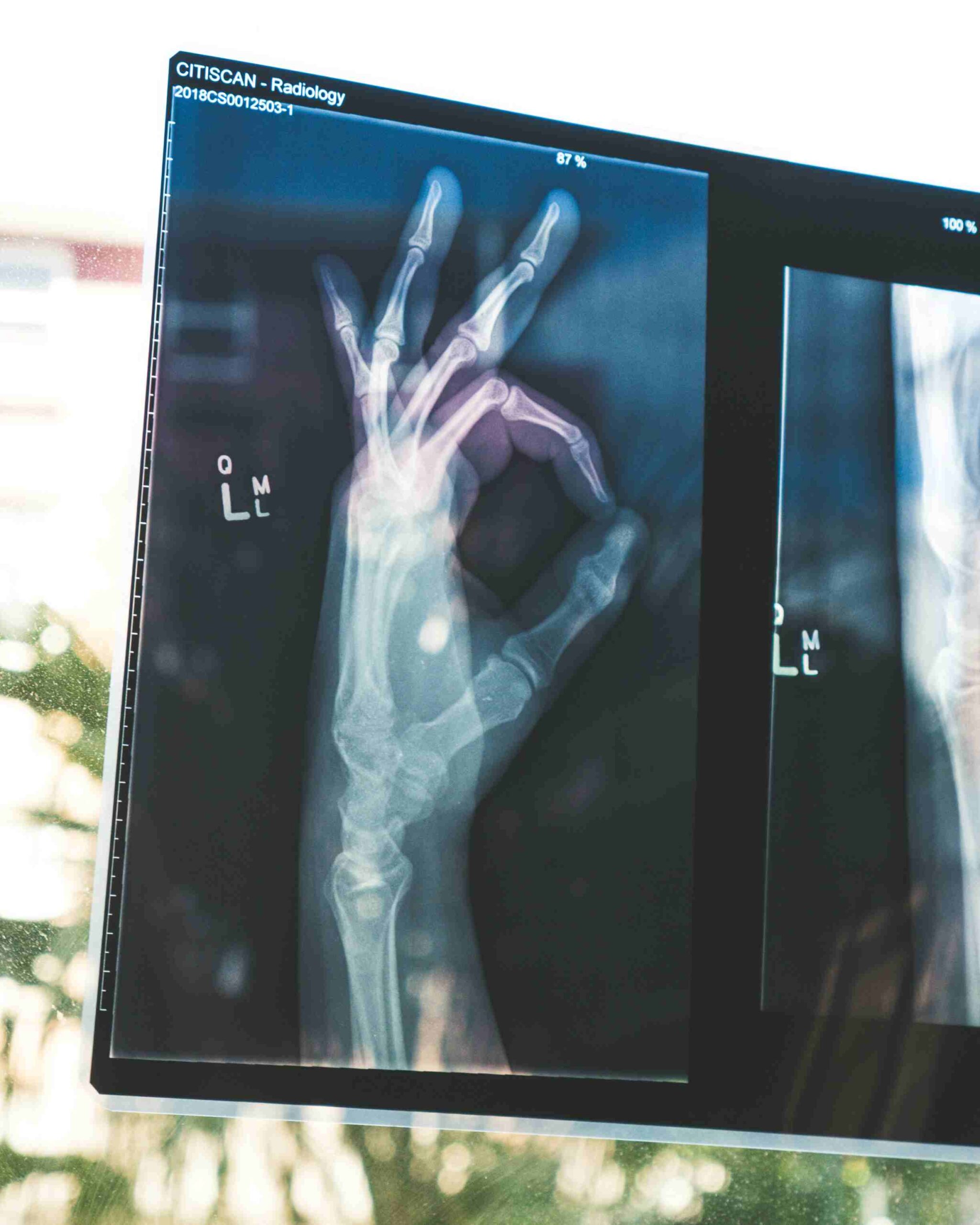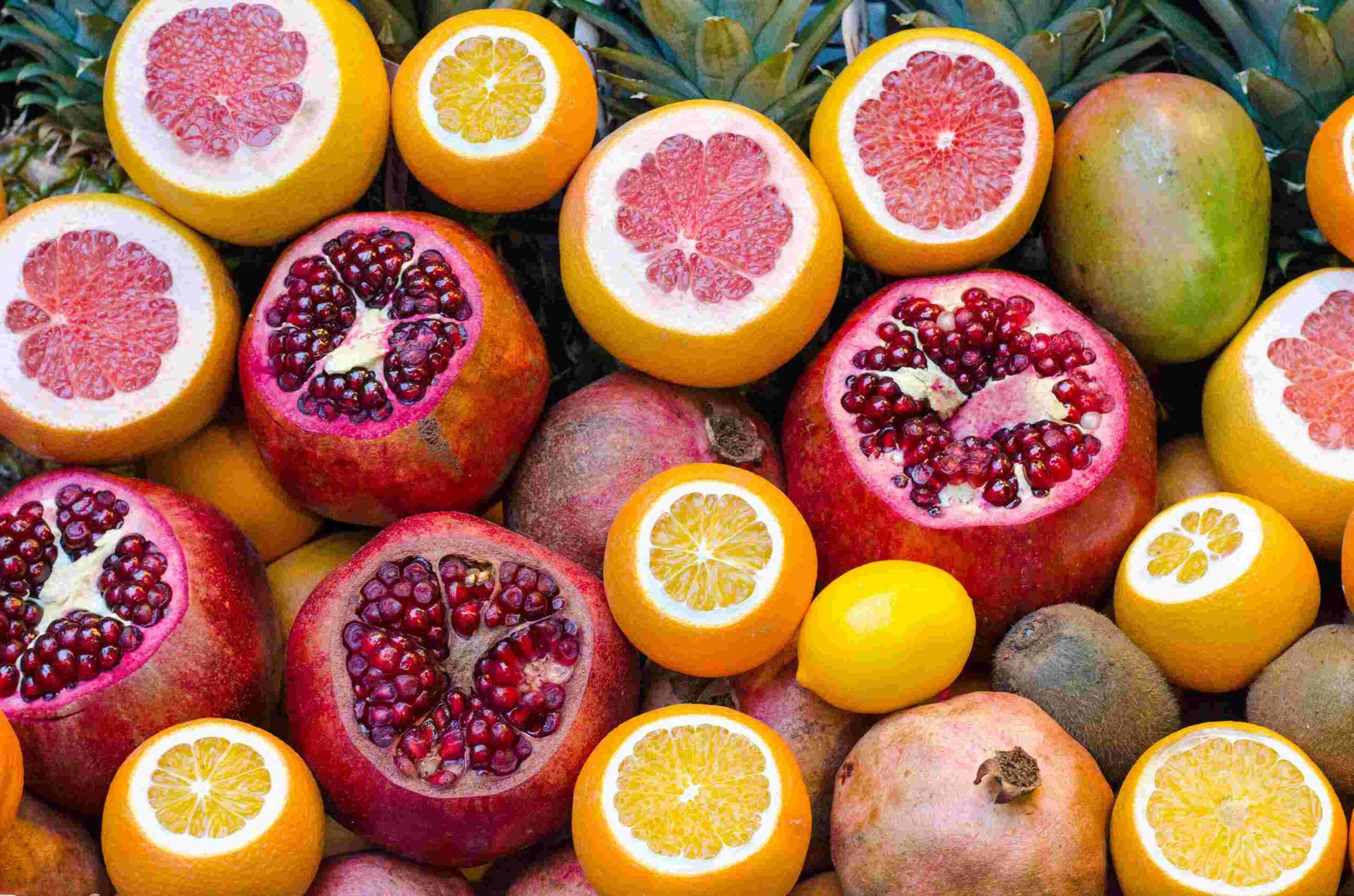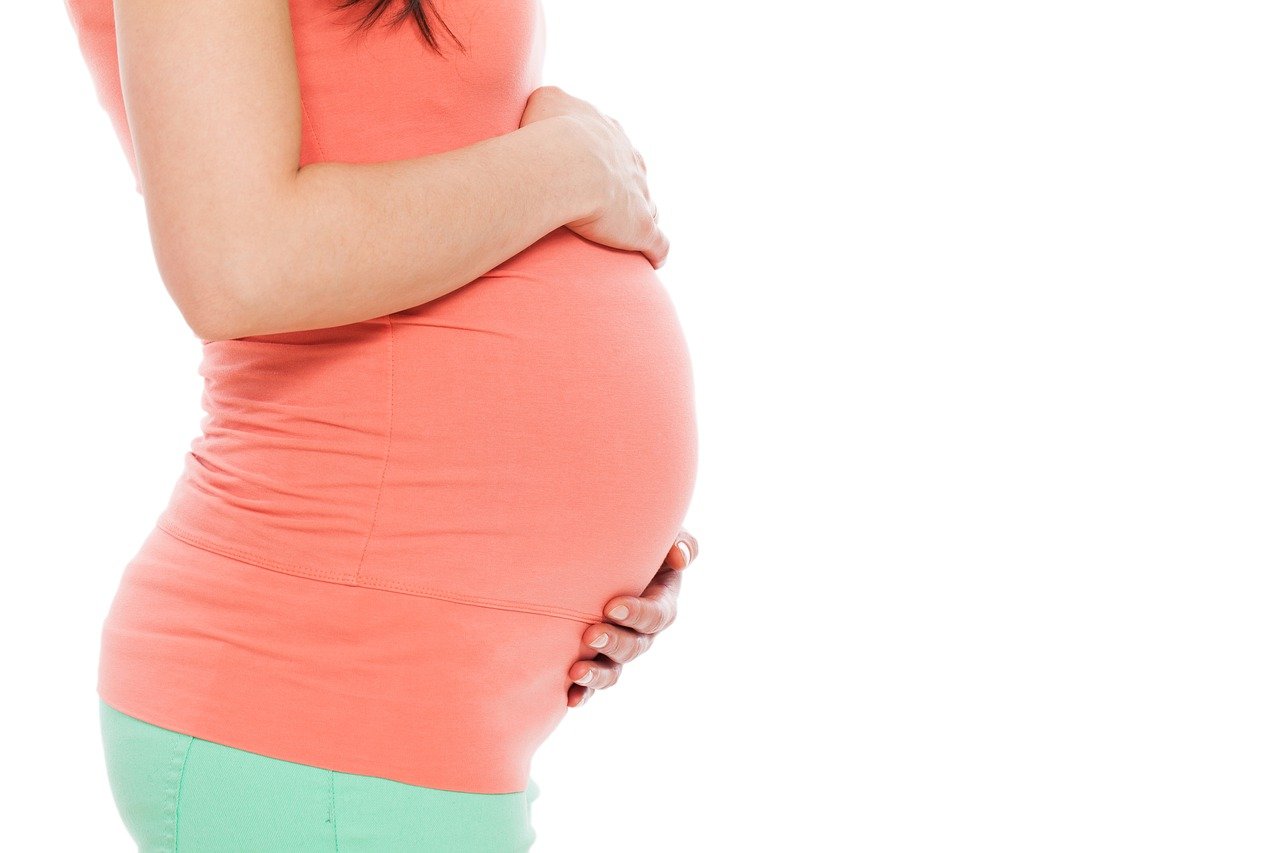
Infertility is a growing concern for many couples trying to conceive, and its underlying causes can range from medical conditions to lifestyle factors. In recent years, there has been an increasing awareness of how diet and lifestyle can play a crucial role in enhancing fertility. This article delves into the definition, causes, prevalence, and non-medication strategies, including how dietary changes can improve the chances of conception. Understand how the role of nutrition is not to be underestimated in infertility.
What is Infertility?
Infertility is generally defined as the inability to conceive after 12 months of regular, unprotected intercourse. For women over the age of 35, this period is reduced to six months due to the natural decline in fertility with age. Infertility can be caused by factors affecting both men and women. In women, it might result from ovulatory dysfunction, blocked fallopian tubes, or endometriosis, while in men, it often involves low sperm count or poor sperm quality.
Prevalence of Infertility
Infertility affects roughly 10-15% of couples globally. The prevalence tends to increase with age, especially as women’s fertility naturally decreases over time. In developed countries, infertility rates are rising due to factors such as delayed childbearing, stress, environmental toxins, and lifestyle choices, including diet.
Is Infertility a Disease?
Infertility is often classified as a medical condition rather than a disease. It can result from various factors such as hormonal imbalances, genetic issues, or physical blockages in reproductive organs. While not always a disease itself, infertility may be linked to other health conditions like polycystic ovary syndrome (PCOS), endometriosis, or thyroid dysfunction, which can hinder the ability to conceive.

How Nutrition Can Improve Fertility
There is compelling evidence to suggest that improving nutritional habits can significantly boost fertility. Numerous cases have shown that women who struggled to conceive became pregnant after making dietary changes. This success is often linked to the reduction of inflammation, better hormone regulation, and improved egg and sperm health.
The key mechanisms through which diet impacts fertility include:
Hormonal balance:
A well-balanced diet can help regulate the production of hormones such as estrogen and progesterone, which are crucial for ovulation and implantation.
Reducing inflammation:
Chronic inflammation can disrupt ovulation and egg quality. Anti-inflammatory diets that include omega-3 fatty acids, antioxidants, and certain phytonutrients can reduce inflammation and improve fertility.
Improving egg and sperm quality:
Micronutrients such as zinc, folate, and vitamin C are essential for maintaining healthy eggs and sperm.
Cases of Improved Fertility through Diet
There have been numerous instances where women struggling with infertility were able to conceive after modifying their diets. In these cases, addressing nutrient deficiencies, reducing sugar and processed foods, and increasing the intake of whole, nutrient-dense foods played a significant role in improving reproductive health. For example, women diagnosed with PCOS, a common cause of infertility, often experience significant improvements in ovulation and pregnancy rates after adopting low-glycemic, anti-inflammatory diets.
Non-Medication-Based Approaches to Improve Fertility
While medical treatments such as medications and assisted reproductive technologies (ART) are available, many individuals seek natural methods to enhance their fertility. Non-medication approaches include:
Lifestyle changes:
Managing stress through yoga, meditation, or counseling can positively impact fertility by reducing cortisol levels and improving hormonal balance.
Physical activity:
Regular exercise can enhance fertility by promoting healthy circulation, reducing stress, and supporting hormonal balance. Moderate physical activities like walking, swimming, and yoga are particularly beneficial. However, excessive exercise can negatively impact fertility, especially in women, by disrupting menstrual cycles.
Dietary Considerations for Fertility
A fertility-friendly diet focuses on whole, unprocessed foods that provide essential nutrients for reproductive health. Some key dietary guidelines include:
Increase intake of antioxidants:
Antioxidants such as vitamins C and E, beta-carotene, and zinc can protect egg and sperm cells from oxidative stress.
Consume omega-3 fatty acids:
Found in fatty fish, flaxseeds, and walnuts, omega-3s support healthy hormone production and reduce inflammation.
Prioritize plant-based proteins:
Replacing animal proteins with plant-based sources like beans, lentils, and quinoa can improve ovulation health.
Eat complex carbohydrates:
Opt for whole grains, legumes, and vegetables, which provide a steady release of energy without causing insulin spikes.
Stay hydrated:
Proper hydration is crucial for maintaining healthy cervical mucus, which plays a role in sperm movement.
Foods to Avoid
Certain foods can negatively impact fertility by disrupting hormone balance or contributing to inflammation. Foods to avoid include:
Refined sugars and carbohydrates:
These can lead to insulin resistance, which may hinder ovulation.
Processed and trans fats:
Found in many fast foods and baked goods, trans fats can increase inflammation and reduce fertility.
Alcohol and caffeine:
Excessive alcohol consumption and high caffeine intake have been linked to reduced fertility, and it’s recommended to limit both.
Gluten-containing foods:
For those with gluten sensitivity or celiac disease, gluten can trigger inflammation and hinder fertility.
Dairy products:
Some studies suggest that high-fat dairy can disrupt hormone levels, so it’s advisable to limit or avoid these foods, especially for those with lactose intolerance or sensitivity.
Recommended Vitamins and Minerals for Fertility
Several micronutrients are crucial for reproductive health and improving fertility. These include:
Folic acid:
Essential for DNA synthesis and cell division, folic acid helps reduce the risk of neural tube defects and is important for early pregnancy.
Zinc:
Zinc plays a role in egg and sperm production and overall reproductive health.
Vitamin D:
Deficiency in vitamin D is linked to infertility, and adequate levels are necessary for hormone regulation and egg quality.
Vitamin E:
Known for its antioxidant properties, vitamin E protects sperm and egg cells from oxidative stress.
Iron:
Adequate iron intake supports ovulation and helps prevent anemia, which can hinder conception.
Coenzyme Q10:
An antioxidant that has shown promise in improving egg quality, especially in older women.
Magnesium:
Important for hormone production and the regulation of blood sugar levels, magnesium also plays a role in reducing inflammation.

Additional Considerations for Improving Fertility
Weight management:
Maintaining a healthy weight is crucial for fertility. Both underweight and overweight individuals may experience hormone imbalances that affect ovulation and sperm quality.
Gut health:
A healthy gut microbiome is essential for absorbing nutrients that support fertility. Fermented foods, prebiotics, and probiotics can improve gut health, which in turn can enhance reproductive function.
Sleep:
Quality sleep is essential for hormone regulation. Ensuring seven to nine hours of restful sleep each night can positively influence fertility by supporting proper melatonin and cortisol levels.

Conclusion
Infertility is a multifaceted issue that can be influenced by various factors, including diet and lifestyle. While medical treatments are available, many individuals find success in improving fertility through non-medication strategies such as dietary changes, stress reduction, and physical activity. Incorporating nutrient-dense, anti-inflammatory foods while avoiding those that disrupt hormone balance can significantly enhance reproductive health. By making these changes, individuals may improve their chances of conceiving naturally.
Subscribe to our newsletter, follow us on social media to let us know how you’re working towards a balanced life!
Women’s Hormonal Balance: Nutrition, Lifestyle, and Key Strategies for Optimal Health
Introduction Women's hormonal balance is a...
Liver Health: Natural Care, Foods, and Supplements
Introduction The liver is one of the...
The Effect of Micronutrients on Body Function
Micronutrients, which encompass vitamins and...
Foods that Naturally Increase Bone Density
Bone health is essential at every stage of life,...
Adaptogen Plants: Natural Ways to Manage Stress
In a world where stress is part of daily life,...
Vegan and Vegetarian Nutrition
Why People Choose Vegan and Vegetarian Diets...
Maximize Your Performance: Nutrition Before and After Exercise
Introduction Optimizing your nutrition...
Sustainable Nutrition and Eco-Friendly Consumption
Introduction to Sustainable Nutrition...
Strengthening Your Immune System Through Proper Nutrition
Introduction The immune system is our...


